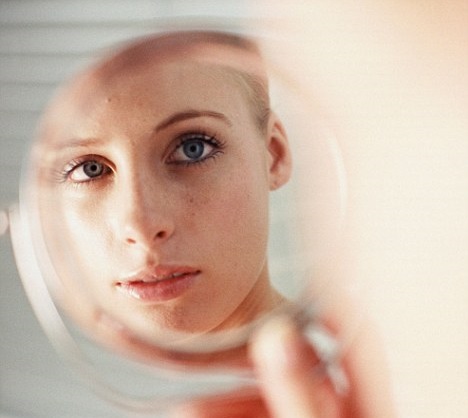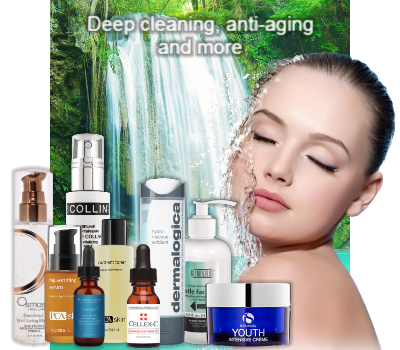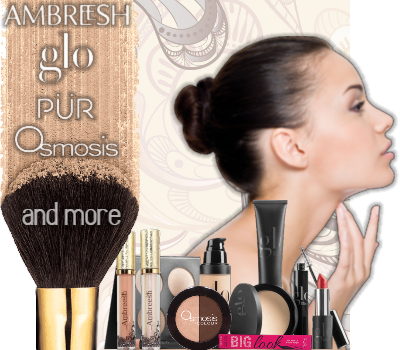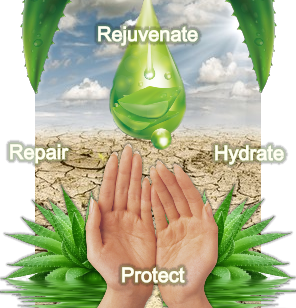Acne Part 1: What Causes Acne?
There has been  much debate over the difference between pimples and acne. While pimples are typically occasional and affect most everyone at some point, acne is the more severe, incurable condition. So while you may have pimples, you don’t technically have acne. However, these terms are often used interchangeably. There are always new theories why people get pimples or acne. If you can learn what’s causing your acne, you can work to eliminate it.
much debate over the difference between pimples and acne. While pimples are typically occasional and affect most everyone at some point, acne is the more severe, incurable condition. So while you may have pimples, you don’t technically have acne. However, these terms are often used interchangeably. There are always new theories why people get pimples or acne. If you can learn what’s causing your acne, you can work to eliminate it.
- Clogged Pores: This is the true main cause of acne. All other causes contribute to clogged pores. When your skin has a buildup of dead skin cells, it can block oxygen from entering pores, causing oil production to “back up” and clog pores. The clogged pore then becomes infected, creating a pimple. If left untreated, this problem can spread, becoming acne. Many factors can increase oil or acne-causing bacteria, causing clogged pores. These include stress (both emotional and physical stress), hormones (puberty, medication, menstruation, pregnancy), change of climate, bacteria and neglected hygiene like not washing your skin properly or enough.
- Heredity: Unfortunately, if your family members have acne and oily skin, it’s likely that you will too. This cause is unavoidable but still treatable.
- Stress: When you are going through a stressful time, your body reacts by releasing an increased level of cortisol, also known as the “stress hormone.” Cortisol increases oil production resulting in a temporary stress breakout or acne flare-up. Stress can also lead you to pick at your blemishes, spreading bacteria, increasing infection and continued breakouts.
- Bacteria: Bacteria can be spread by picking at your blemishes (especially with dirty hands and fingernails) and if you use anything that is not sterile or properly clean on your face. This can include dirty washcloths, makeup brushes, and even sleeping on soiled pillow cases.
Additional articles about acne: Acne Part 2: Types of Acne













